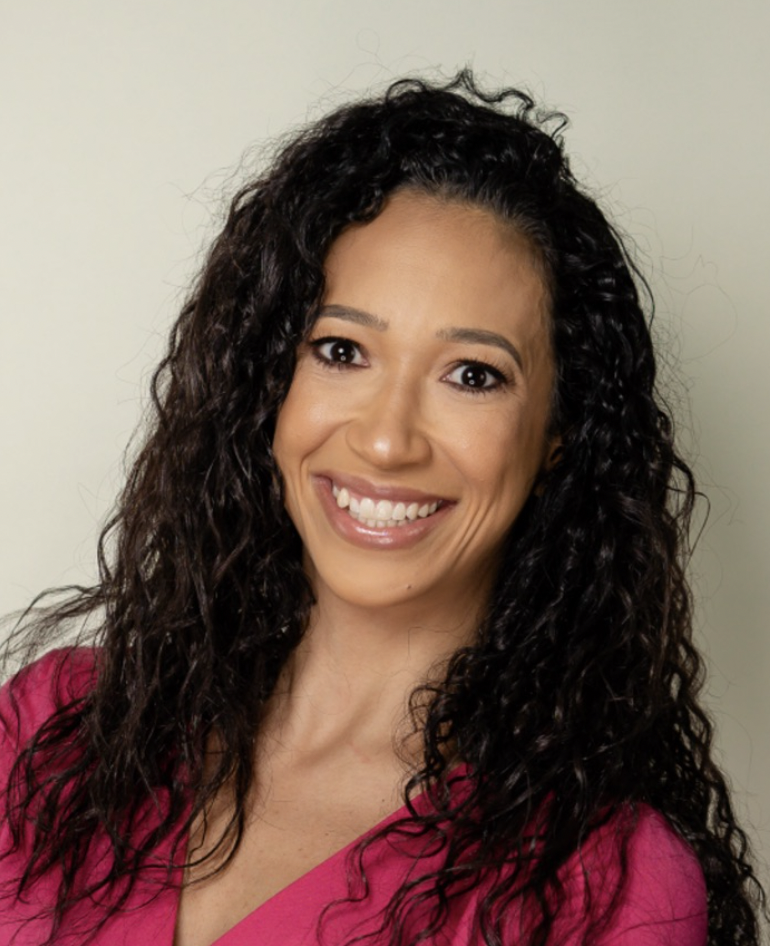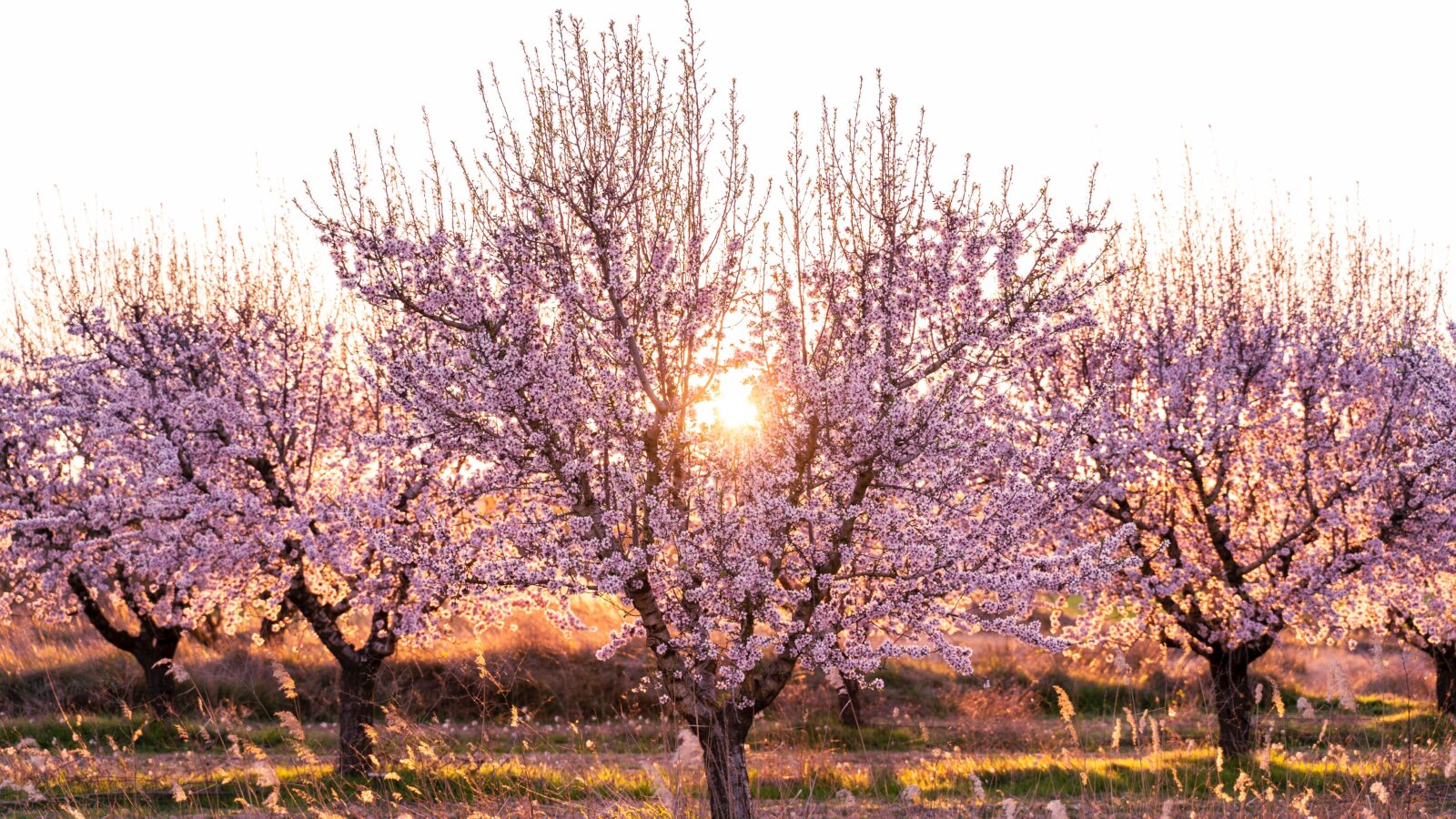Last month, the COVID-19-related public health emergency was officially declared over. Most of us barely recognized this with more than a shrug. So how come we’re not feeling elated and relieved? Probably because we’re not doing that well.
There’s a less visible, but just as widespread, public health emergency on the rise. In a survey of 10,243 full-time desk-based workers polled in six major economies, 42% reported burnout. If you look at women only, the numbers go up to 46%.
And when you put the focus on professional Black women, the numbers become painfully more dire. A newly released report from EXHALE, an emotional well-being app for Black women and women of color and founded by Inaugural Highland Leader Katara McCarty, reveals the impact that racial trauma, stereotypes and discrimination has on the physical health and well-being of Black women. The study shows how Black women are pressured to carry the load with 76% wrongly perceived as capable of enduring more stress, and 36% had left their job entirely due to feeling unsafe as a Black woman.
This is not an emergency—it’s a crisis.
The unique discrimination that Black women face can feel like an overwhelming and insurmountable battle, and it’s impacting our health in significant ways: studies show that all this work-related stress alone is aging us at an accelerated rate—7.5 years—compared with white women.
This hits home for me. Several years ago, I was focused on leading structural change in some of the largest school districts in the nation. In a society that has become dominated by ways of thinking that value instant gratification, I found myself being pushed to deliver short-terms wins for long-term change—and it was impacting my health. I was rundown, unwell, and unable to look beyond what had been done to what could be. It wasn’t until the beginning of the pandemic—a time of such high psychological stress around the world—that I experienced a shift that would cast a ripple effect.
For the past two decades, I’ve been passionate about creating multi-generational opportunity for Black communities. It has been a core focus of my legacy since I sat on the school board back home in Baltimore at the age of seventeen. When the world collapsed into shutdown, and every social, political, and racial fault line was exposed, a wide-spread reminder of how deeply problematic and unresolved our systems had become. I was pushed to re-examine how I was building my legacy. As I began to explore this, it became clear that in order for me to reimagine how to sustain change that could ripple for generations, I first needed to understand the tools needed to sustain myself as a human being, a leader, a Black woman.
And so it began. I started to take long, quiet walks, wandering aimlessly in the Ramble—the 38 acres of woodland in New York City’s Central Park that I had lived next to for seven years, but never thought to explore. I began to notice the patterns of the migrating birds, the smells of the Earth and the flowers, and the majestic strength of the trees. Trees that had long been there and had borne witness to the world around it.
As I walked along, and paid attention to the way my breath filled my body and carried me through, it opened up a portal to another way of being that helped me let go of the frenzied spiral of productivity that I had been operating under for years. Rest was my superpower—in fact, it always had been. In the vicious circle of overstimulation and overscheduling, my superpower had slipped through my hands. As I returned to my breath, these connected and intentional moments of rest helped heal me and push me to the bounds of my own imagination and creativity. It allowed me to renew and reevaluate my thought processes, finding new possibilities and ways to lead. And ultimately, rebuilding my legacy from scratch.
Through this, a new chapter was born—The Highland Project, a nonprofit organization I founded that invested in sustaining Black women leaders to create multi-generational wealth and change for Black communities. In this space, Highland Leaders push past the master narratives that have long misrecognized us, misrepresented us and suppressed us, and collectively return to the most critical and fundamental part of systems-changing work: caring for ourselves and each other.
Centering our mind, body and spaciousness, we lay down the seeds to sustain ourselves in our work in both the now and in the next 20-30-40 years. And in community with other Highland Leaders, who span generations, sectors and seats of power, we tap into the wisdom of our elders to learn how to continue and sustain, and our youth to remind us how much more we can dream. Together, we share resources and sharpen our tools. We dream, and we devise how to make the seemingly impossible possible—together.
Since launching The Highland Project, I consciously incorporate practices of stillness and restoration differently into my every day than I did in the past. It isn’t easy to continuously resist against a culture that actively de-prioritizes pause and reflection, but I know that if I don’t, I’ll become drained and depleted, and of no help to myself and the change I wanted to make in the world.
Despite what our society tells us, a sustainable path to well-being is possible and achievable. We do not need to tap into wellness memberships nor expensive retreats to center our humanity. The answer is within the natural space around us.
Here are a few ways that anyone can find rest and renewal and incorporate them into our daily lives.
- Rethink Movement
Humans are not meant nor built to rush from one extreme to the next—and yet, many of us do. For Black women and people of color, this is in our generational DNA, and it runs deep, normalizing the idea that we should always be able to go this fast. But the simple act of movement can help release that.
Try this: Set new intentions. Take walks with the intention to let go, rather than to achieve going from Point A to Point B. This shift in intention can help redesign your experience with movement. If you often listen to music when you step outside, leave them at home the next time. By removing this background noise, you can increase your attentional capacity, and be introduced to a world of wonder and curiosity. The subtle sounds that you might have missed can help you pay attention to the budding insights and discoveries within yourself in the most profound ways.
- Prune Your Life for Growth
All that grows requires regular pruning to cut back the undesired parts that prevent it from moving forward. And yet, in our daily lives, we find it challenging to take this same action, and cut back on things that are clouding our view and taking up the space we need to thrive. For Black women particularly, we feel the weight of this disproportionately, as we put everything on the line—our time, hearts and minds—to take care of others and challenge a system that often prioritizes others over ourselves.
Try this: Trim the habits, mindsets, people, and environments that no longer serve you. One of the most effective ways to do this is by looking at your calendar for the next six weeks. Make a list of what is 100% required to move yourself forward. Then, make another list of things that you feel obligated to do, but do not serve you. Commit to cutting one obligation per week from your calendar. Remember: not everything that comes in your life gets to stay.
- Silence as Fuel
Just like a tree draws power from its root system, I too needed to be fully charged in order to be able to build for a future of possibility and abundance. To get to this place, I set intentions to go back to the basics, ensuring my days are rooted in the silence that feeds and fuels me.
Try this: Take a look at our day, and plan for moments of silence. Whether it’s starting your morning with a 10 minute meditation on a word, phrase, feeling or even color to guide and anchor your day, creating space in between meetings, or turning off social media in the evenings, commit to those moments where you can begin and return to yourself.
- Nurture
When seeds are planted, they need time to be nourished before they can sprout and bloom. They need hydration and protection, and sometimes a stake to lean on for support. We need to do the same when we reflect upon the seeds of our own vision for our life, and the world we want to leave behind for the next generations. Of course, not every seed will result in a flower, but it’s just as important to celebrate how it takes root and grows, even if it doesn’t.
Try this: Lean on common, seemingly simple practices to nourish yourself and vision. Select one to three ways, whether it’s committing to moments throughout the day to hydrate your body, taking timed naps or, in the words of the founder of Nap Ministry Tricia Hersey, “laugh intensely.”
When we connect to and trust in our natural surroundings, we can unlock greater possibilities for our life and the impact we want to make in the world. Rest is our superpower. As Octavia Raheem—The Highland Project’s Chief Daydreaming Officer—often reminds me: “Your greatest revelations are waiting for you to rest and receive them.”


